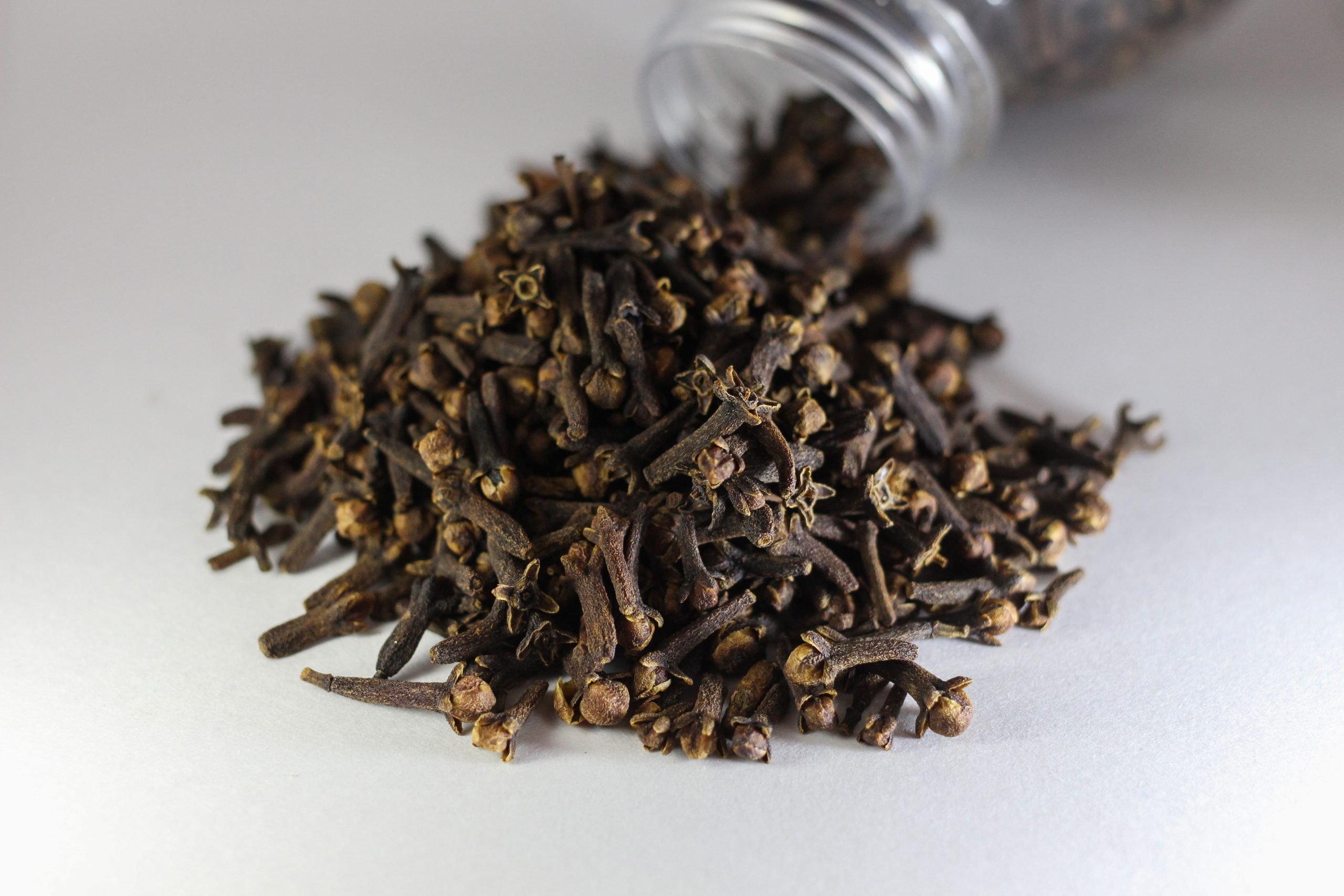
Introduction:
Pregnancy is a time of heightened awareness about what goes into your body, and the debate about certain foods and beverages, including clove water, is often at the forefront. This post delves into the multifaceted aspects of consuming clove water during pregnancy, balancing its potential benefits with the associated risks.
The Essence of Cloves in Pregnancy:
Cloves, a small but mighty spice, are rich in antioxidants and known for their distinct aroma and flavor. They pack a punch with health benefits but also come with a caveat during pregnancy.
Health Benefits Unveiled:
- Antioxidant Powerhouse: Cloves are laden with antioxidants, aiding in cellular protection and boosting immunity – a crucial aspect for pregnant women.
- Digestive Comfort: With pregnancy-related digestive issues being common, cloves’ anti-inflammatory properties can offer much-needed relief from bloating and constipation.
- Bone Health: Essential minerals in cloves contribute to improved bone density, a concern during pregnancy.
- Pain Relief: Their analgesic properties are a traditional remedy for easing pregnancy-related aches and pains.
- Combatting Infections: The antimicrobial properties of cloves can be a natural defense against infections, particularly critical during pregnancy.
Risks and Precautions: The Other Side of the Coin:
- Eugenol Toxicity: Cloves contain eugenol, which can be harmful in high doses, potentially affecting liver health and fetal development.
- Blood Thinning Effect: For those on blood-thinning medications, cloves can enhance the risk of bleeding, necessitating a cautious approach.
- Allergic Reactions: As with any food item, there’s always a risk of allergies, and cloves are no exception.
- Potential for Uterine Stimulation: High consumption of cloves might stimulate the uterus, raising concerns about premature birth.
Safe Consumption: Striking the Right Balance:
Moderation is key when incorporating cloves into your pregnancy diet. Consulting with healthcare providers is paramount to tailor consumption to your individual health needs and circumstances.
Culinary Integration: Adding Spice to Your Diet Safely:
- Flavor Enhancer: Use cloves as a spice in cooking – a pinch can elevate the taste of your dishes without overdoing it.
- Tea Time: Consider clove-infused tea, but remember, moderation is crucial.
- Clove Water: If opting for clove water, ensure it’s consumed in minimal quantities and perhaps diluted.
Conclusion:
Cloves during pregnancy offer a spectrum of benefits but require a cautious approach. Always prioritize professional medical advice and view cloves as part of a diverse, balanced diet rather than a standalone remedy.
Expert Advice Reminder:
Each pregnancy is unique, and what works for one may not suit another. Consultation with healthcare professionals is not just recommended but essential for any dietary inclusions or changes during pregnancy.
- Q: Is it safe to drink clove water during pregnancy? A: Cloves are generally safe in moderation during pregnancy when used as a spice. However, due to the presence of eugenol, it’s advisable to consume clove water in limited amounts and consult your healthcare provider.
- Q: What are the benefits of consuming cloves during pregnancy? A: Cloves offer antioxidants, aid digestion, improve bone health, boost immunity, and have analgesic properties which can be beneficial during pregnancy.
- Q: Can consuming clove water lead to any risks during pregnancy? A: High doses of eugenol in cloves can be toxic, and there’s a risk of blood-thinning and potential allergic reactions. Consult your healthcare provider for personalized advice.
- Q: How much clove water is safe during pregnancy? A: There’s no established safe amount. It’s best to use cloves sparingly as a flavoring in food or drink and consult your doctor for specific recommendations.
- Q: Can cloves help with pregnancy-related toothache? A: Yes, cloves have natural pain-relief properties and can be used to alleviate toothache during pregnancy, but it’s important to use them cautiously.
- Q: Does clove water interact with medications during pregnancy? A: Clove water can interact with blood-thinning medications. Always discuss with your healthcare provider before adding clove water to your diet if you are on medication.
- Q: Are there alternatives to clove water that are safe during pregnancy? A: Yes, other safe and beneficial herbal teas during pregnancy include ginger and peppermint tea. Always consult your healthcare provider before trying new herbal remedies.
- Q: Can consuming cloves during pregnancy help with stress? A: Cloves have anti-stress properties and can be beneficial in reducing stress and anxiety during pregnancy when consumed in moderation.
- Q: Can I cook with cloves during pregnancy? A: Yes, using cloves as a spice in cooking is generally considered safe during pregnancy. It’s a great way to add flavor without overconsuming.
- Q: Are there any particular ways to include cloves in my diet during pregnancy? A: You can add ground cloves to soups, stews, or baked goods. Clove tea is another option, but remember to consume it in moderation.










